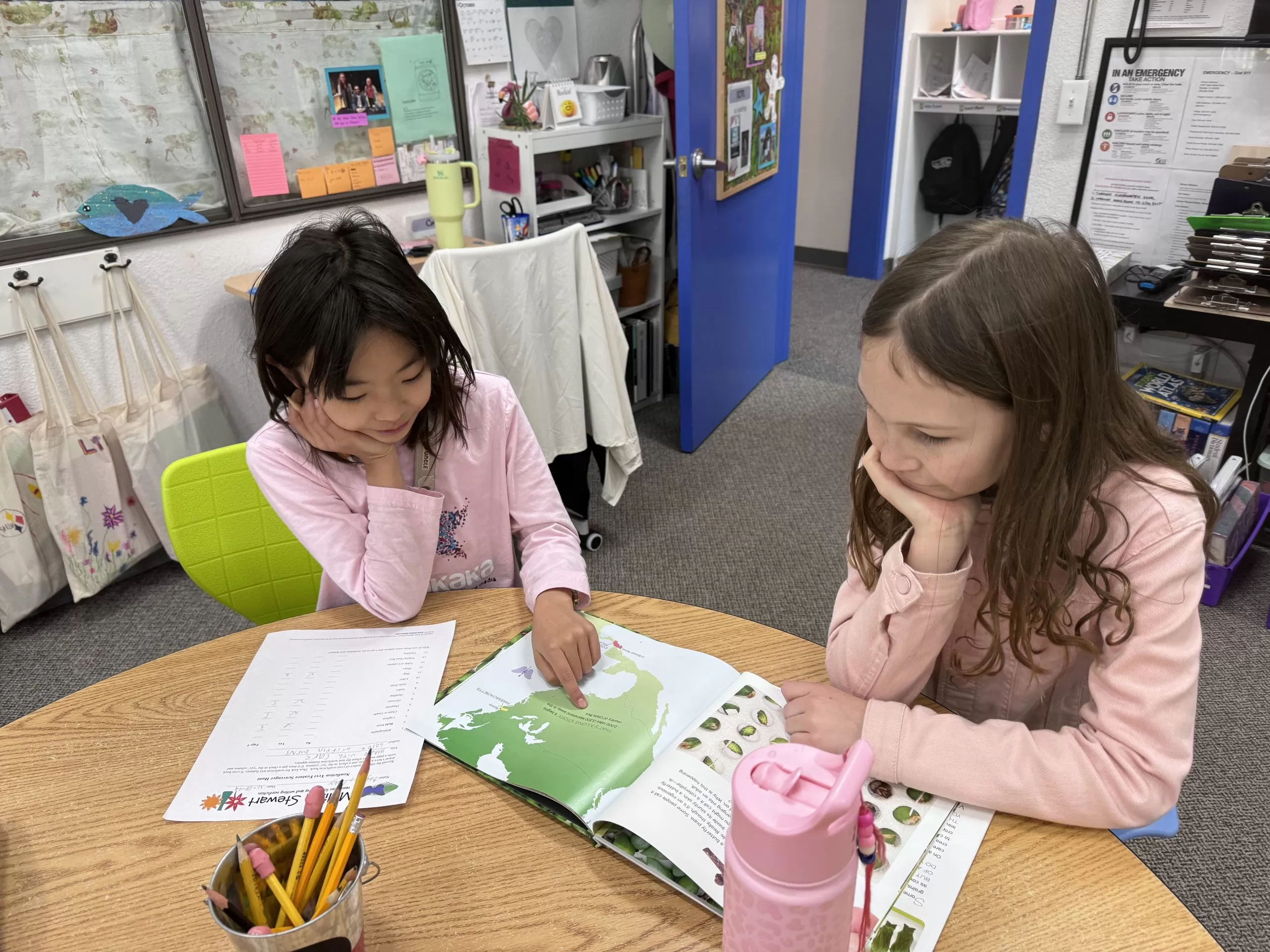An occasional but recurrent question from prospective and current families is some version of “How will my child be ready for middle school if they haven’t taken tests, received grades, or assigned homework? How will they navigate the social and academic shifts of middle school coming from such a small school?” I have great empathy for this question. As parents, we find comfort in any concrete “evidence” that our children will be ready for whatever is next, prepared to face the inevitable challenges, external demands and competition of our world. I believe this is one of the reasons why parents may ask for more quizzes or homework – we want to see with our own eyes that a child can do it.
The irony, however, is that all of those goals are lagging indicators, evidence of something gone well. The harder approach is to focus instead on the leading indicators of a child’s success. As hard as it is, focusing instead on the leading indicators is more likely to be within our control and, in fact, what influences the “results.” I am unaware of any verifiable evidence that, for example, homework in 2nd grade promotes or even predicts strong achievement and study habits later in education or life. However, there is strong evidence that unstructured play, independent exploration, healthy risk-taking, novel experiences, and rest can be important leading indicators of future traits such as intrinsic motivation, persistence, curiosity, adaptability, and self-awareness.
There is no rush to adulthood; the few years between birth and adolescence are both precious and also fleeting. I believe that the single most important thing that we parents do is watch our children. Rather than focus on the story of their future that we might build, focusing on who our child is right now is more likely to build insights and connections that will benefit all of the future choices that you and they will ultimately make in the future.



